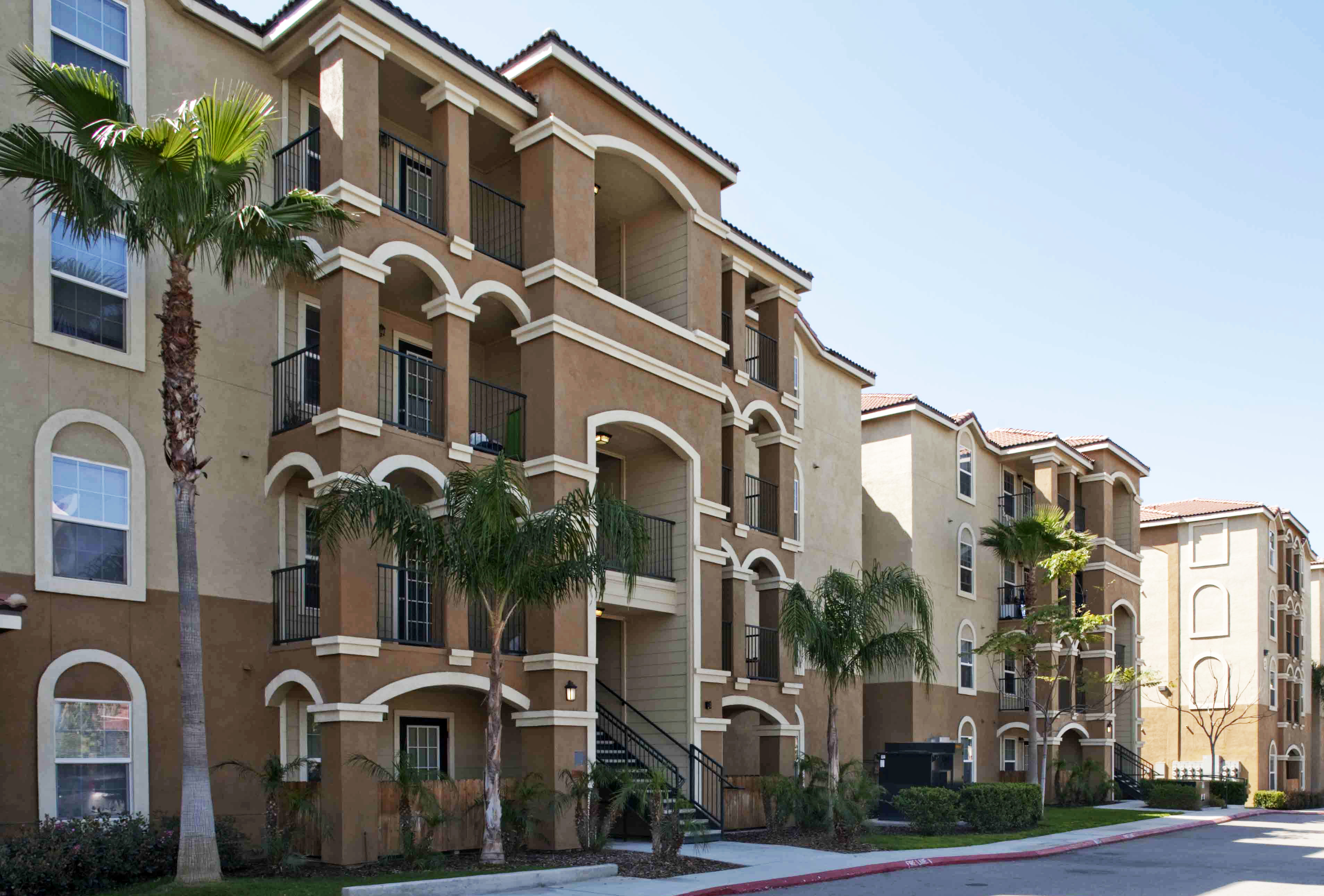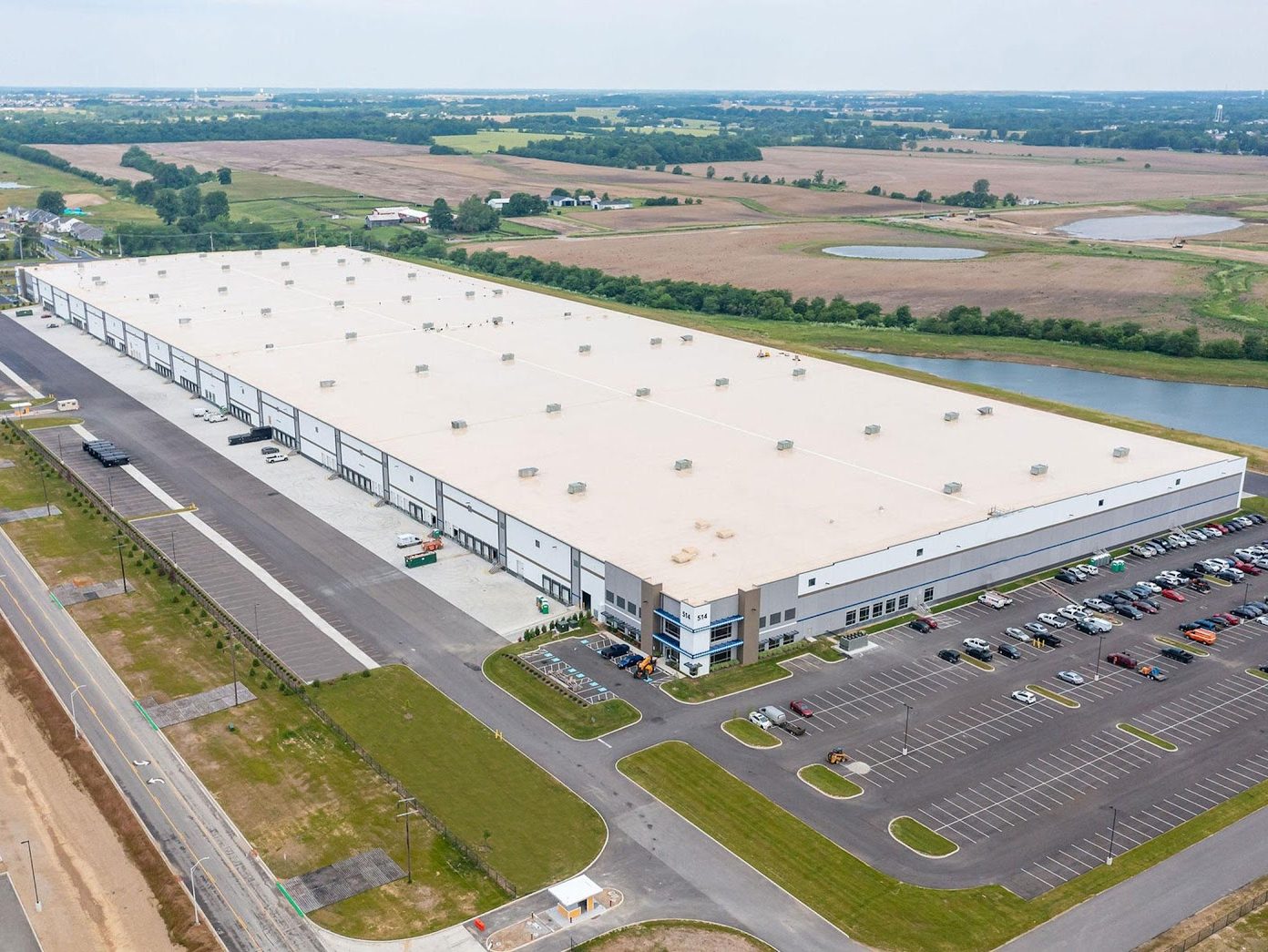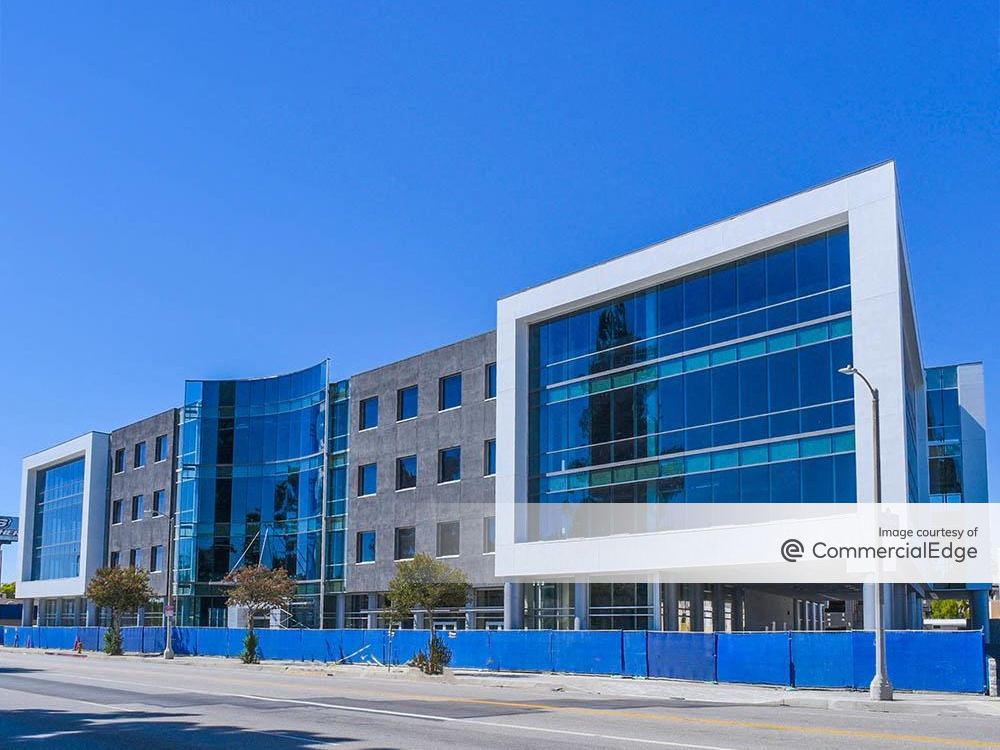Harrison Street Closes Fund with $2B at Hand
Harrison Street Real Estate Capital L.L.C. has wrapped up the final closing of Harrison Street Real Estate Partners III L.P., a private equity real estate fund focusing on the education, healthcare and storage sectors of the U.S. real estate market.
June 10, 2011
By Barbra Murray, Contributing Editor
Harrison Street Real Estate Capital L.L.C. has wrapped up the final closing of Harrison Street Real Estate Partners III L.P., a private equity real estate fund focusing on the education, healthcare and storage sectors of the U.S. real estate market. The fund closed with $595 million in commitments, which, when leveraged, will allow for $2 billion in investments.
There was no shortage of interest among the investment community when it came to raising capital for HSREP III. The list of participating entities includes pension funds, insurance companies, endowments, foundations and family offices from across the U.S. and Europe. Commitments surpassed the original $500 million goal and would have risen higher had a $600 million cap not been in place. “While the fund was oversubscribed, we limited to our hard cap in order to right size the fund with the current market opportunities,” Christopher Merrill, president and CEO of Harrison Street, explained.
The fund held its initial closing in summer 2010, and has since doled out one-quarter of its commitments on the acquisition of 24 properties in locations across the country. Among the list of purchases are nine senior housing communities, one of which is presently under development, and two medical office facilities. HSREP III also picked up a boat storage facility, as well as four student housing communities, including the 528-bed Palms on University near the UC Riverside Campus (pictured) and two projects currently in the development phase
Harrison holds the distinction of being the largest investment manager dedicated to the education, healthcare and storage sectors. The firm’s target sectors have one vital characteristic in common: they are inherently recession-proof—well, as recession-proof as any sector can be–due to their fundamental drivers. “From a macro perspective, student housing continues to outperform other asset classes due to strong long-term fundamentals,” the ARA National Student Housing Group noted in a recent report. “Based on U.S. Department of Education projections, college enrollment is expected to rise 10% between 2008 and 2017 to over 20 million students.
Healthcare real estate is buoyed by increasing demand that comes with the ongoing increase in the size of the general population, the aging baby boomer population and improvements in healthcare services and pharmaceuticals, which allow for a longer lifespan.
And the self-storage sector has its advantages, too. As per a Korpacz Real Estate Investment Survey report released when the recession was at its worst in 2009: “Interest in this asset class, particularly from private equity firms, continues to increase because of steady cash flows, high returns and low loss ratios. In addition, investors like the fact that there are no tenant improvement costs or leasing commissions and limited large capital expenditures. In fact, many survey participants indicate that the self-storage industry is ‘recession resistant’.”








You must be logged in to post a comment.